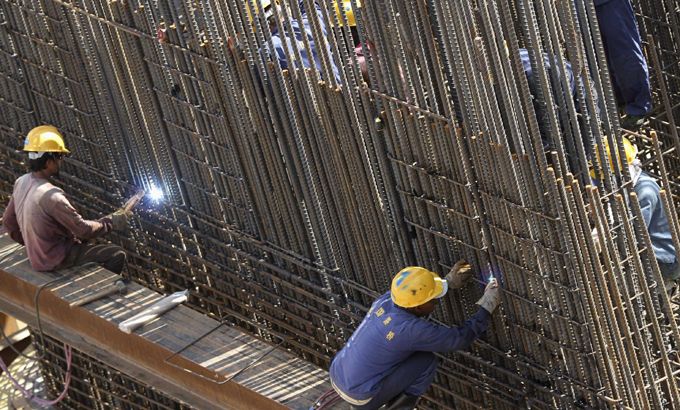
South East Asia: An economy on the rise
Examining the potential and limits of ASEAN.
ASEAN, the Association of South East Asian Nations, is a 10-nation group consisting of Brunei, Cambodia, Indonesia, Laos, Malaysia, Myanmar, the Philippines, Singapore, Thailand and Vietnam.
Now with sort of economic firepower, you could say it has the potential to one day challenge the likes of the European Union. Currently ASEAN is a $2 trillion economy with a total population of 600 million people.
Keep reading
list of 4 itemsEcuador weighs security, international arbitration in latest referendum
‘Triple spending’: Zimbabweans bear cost of changing to new ZiG currency
Boeing hit with 32 whistleblower claims, as dead worker’s case reviewed
It is definitely a long way to go when you consider the size of the European Union economy which is $16 trillion, but it took China a generation to get to where it is now – the world’s second biggest economy.
But South East Asia is a very fractious region. There are territorial disputes in the oil and gas-rich South China Sea, and corruption, mismanagement and internal conflict have formed big parts of the landscape.
We talk to Surin Pitsuwan, ASEAN’s secretary general, about Myanmar, the territorial disputes in the South China Sea and the financial crisis.
Myanmar is opening up to the world, but who is winning the battle to rebuild the country? Were ASEAN nations being side-stepped as Myanmar opened up its economy to the world?
“It’s an open field, and Myanmar has to pick and choose who will be the best partner in what sector of the economic development that they are going to pursue. I don’t think any country is going to be exclusive in trying to access into Myanmar. And Myanmar will be more pragmatic than that, than to just have one country dominating everything,” Pitsuwan says.
On the road to peace in the Philippines
In the Philippines, where a four-decade-old conflict that has cost more than 200,000 lives, could be drawing to a peaceful conclusion.
The government and the Moro Islamic Liberation Front (MILF) have agreed to the creation of a new autonomous region in the south of the country, a place where Muslims have often complained about the lack of growth and investment. There is a wealth of mineral deposits in the region too, meaning peace has many implications.
We speak to Philip McNicholas, the director of Fitch Ratings, about a possible peace deal in the southern Philippines and its economic impact.